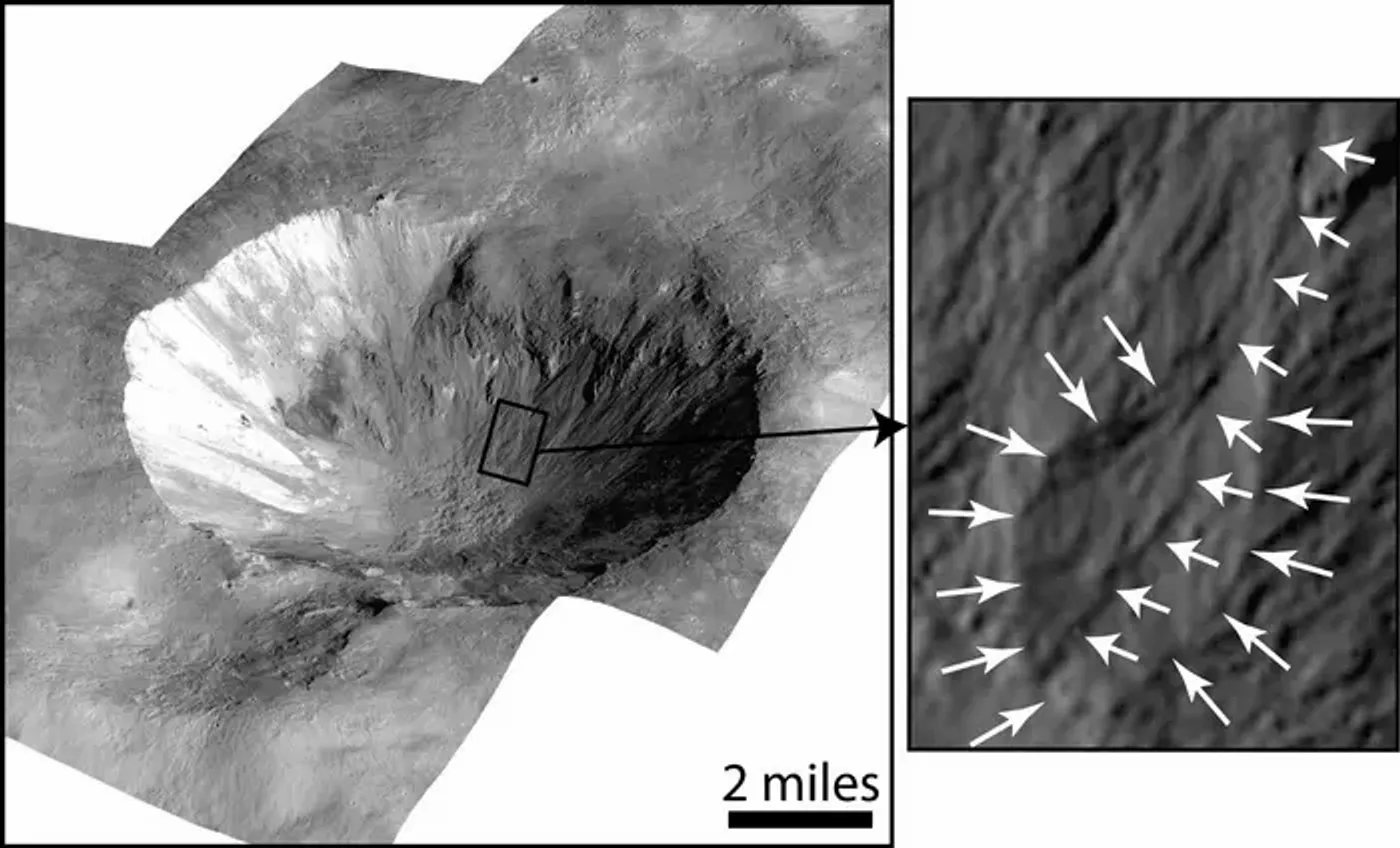-
Crew-8 SpaceX capsule Endeavour sets new records
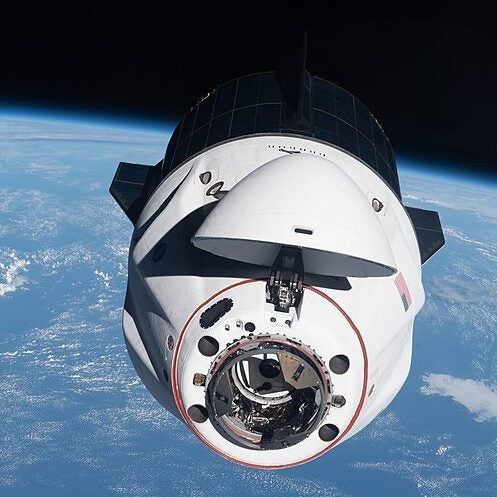
The SpaceX Crew Dragon craft Endeavour approaches the ISS in 2021 during the Crew-2 mission. Credit: NASA/Michael Hopkins When SpaceX’s Crew Dragon capsule Endeavour returns to Earth this week, she will set a clutch of records for the most time spent in space by a crewed spacecraft. Launched for her fifth mission in March, Endeavour…
-
Unlocking the Mysteries of Celestial Flow Features
How does extra salty water, also known as briny water, form and evolve on worlds without atmospheres, such as asteroids and moons? This is what a recent study published in The Planetary Science Journal hopes to address as a team of researchers investigated how briny water could still flow for a period of time on…
-
Astrophysics | Astronomy, Cosmic Objects, & Space
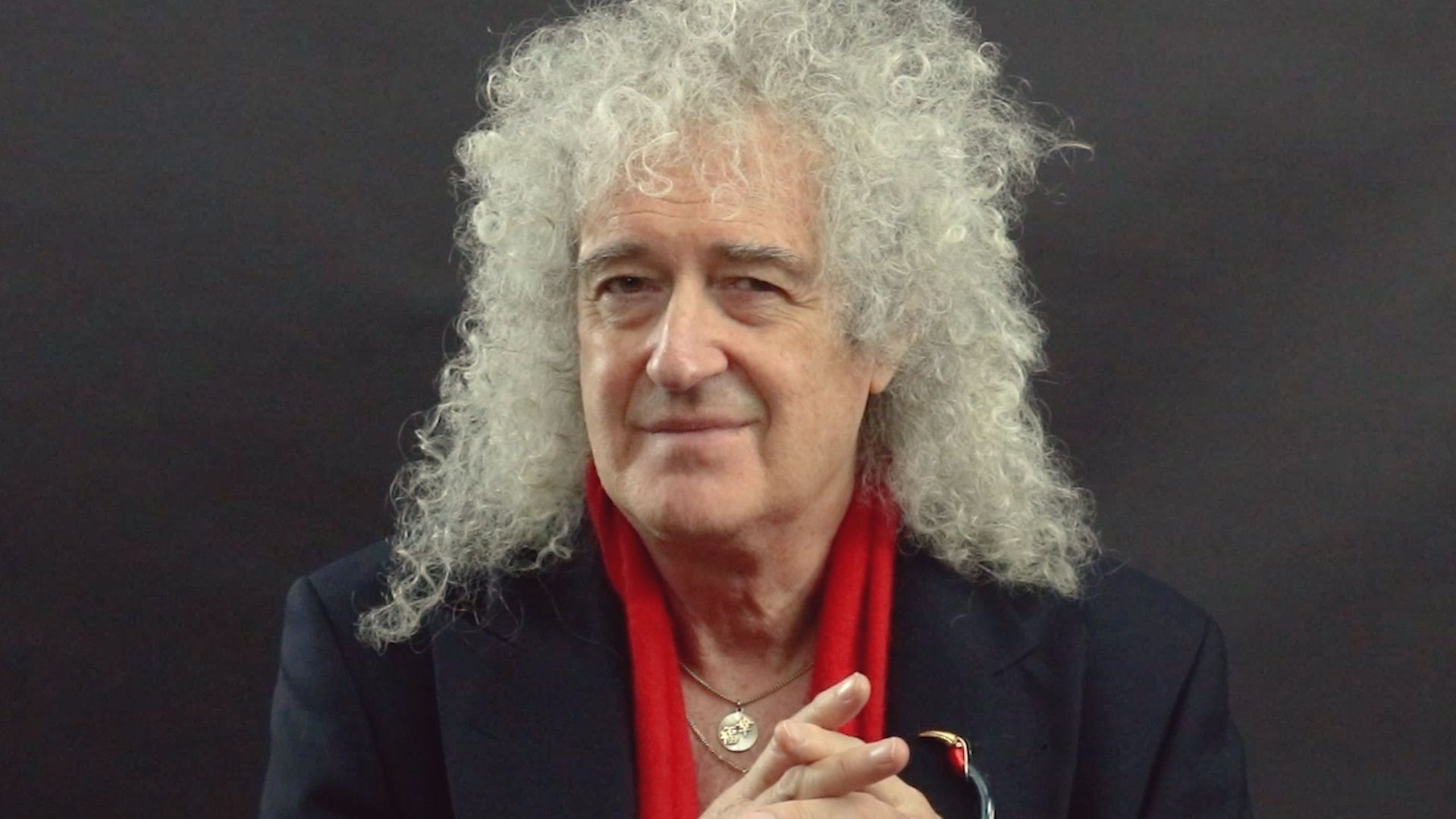
Feedback Corrections? Updates? Omissions? Let us know if you have suggestions to improve this article (requires login). Feedback Type Your Feedback Submit Feedback Thank you for your feedback Our editors will review what you’ve submitted and determine whether to revise the article.
-
Musk wants to send 30K more Starlink satellites into space, worrying astronomers
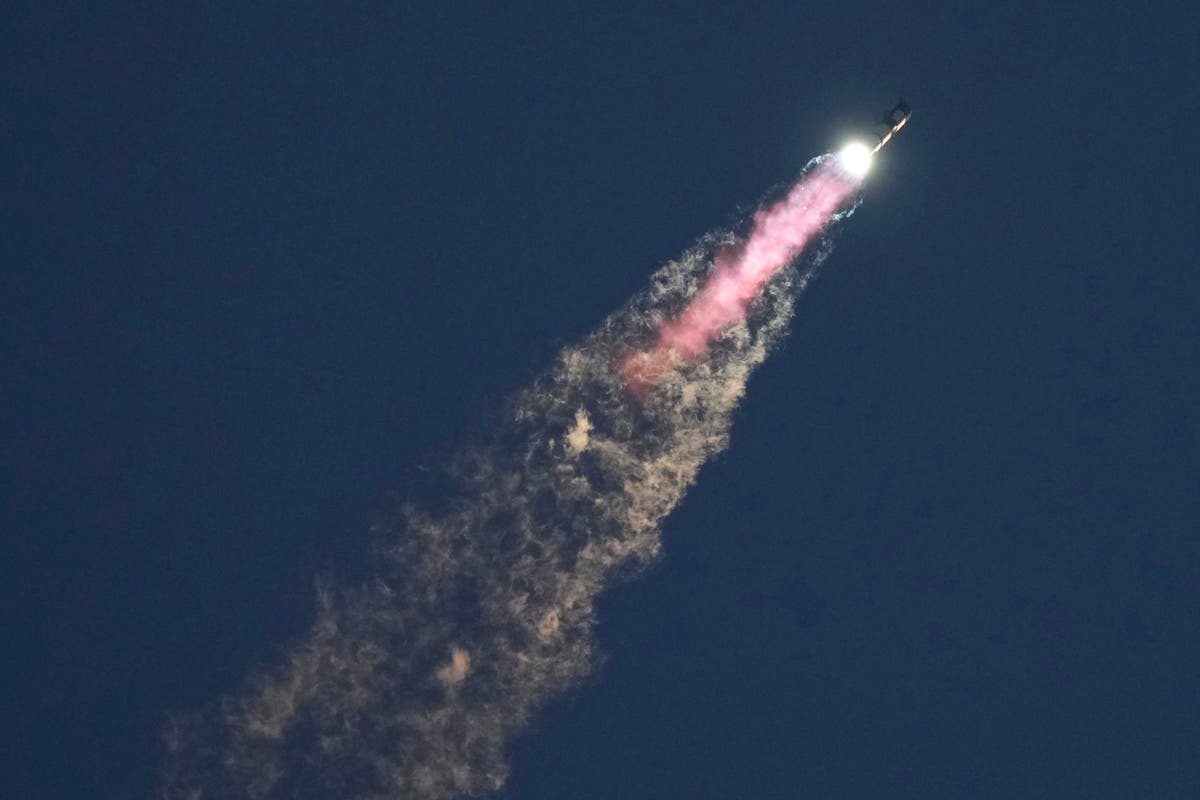
Your support helps us to tell the story This election is still a dead heat, according to most polls. In a fight with such wafer-thin margins, we need reporters on the ground talking to the people Trump and Harris are courting. Your support allows us to keep sending journalists to the story. The Independent is…
-
James Webb Space Telescope Detects Out-of-Place Objects Astronomers Say Shouldn’t Exist
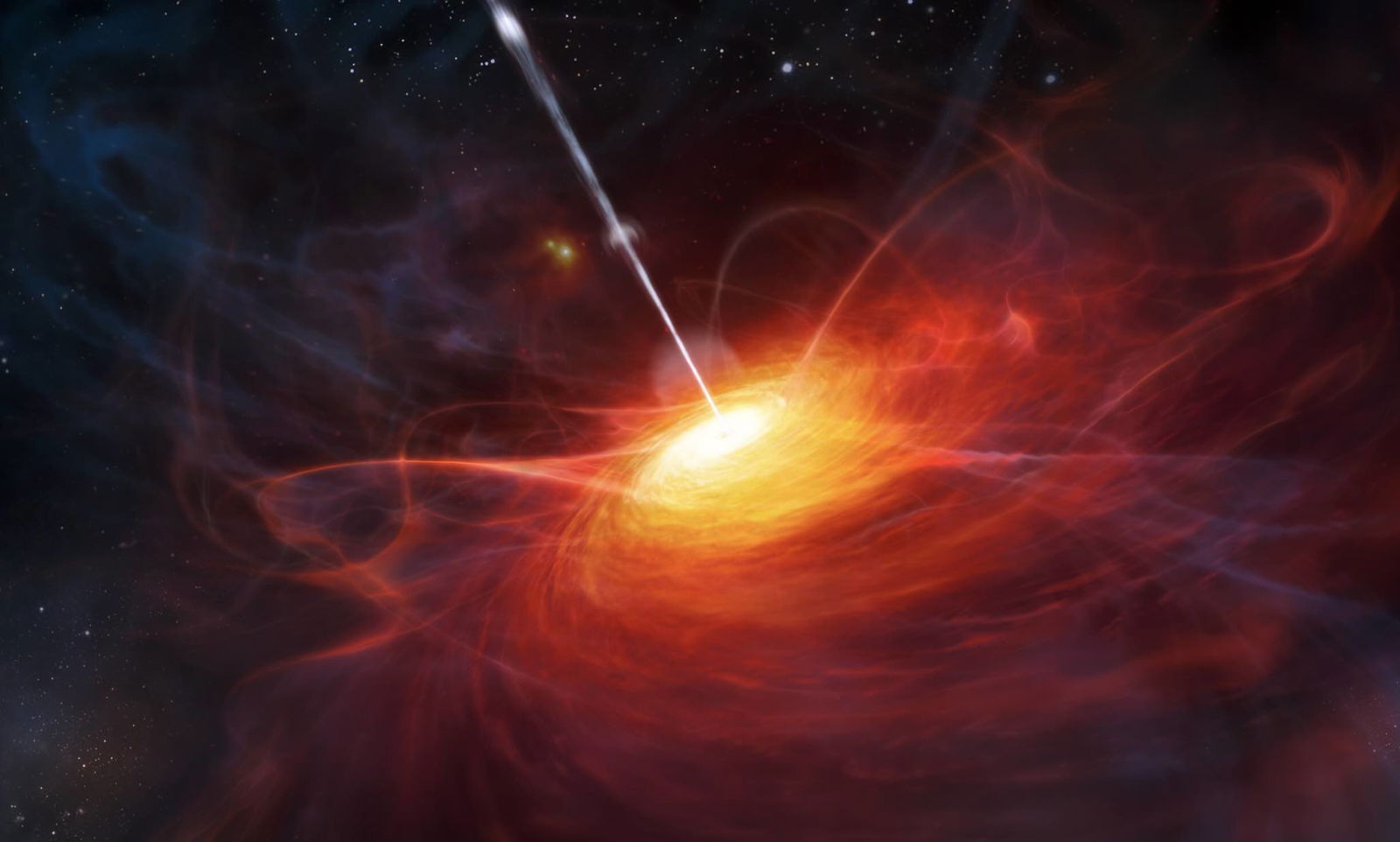
Astronomers say the discovery of drifting quasars from the early universe are challenging our understanding of how these massive, luminous, and extremely distant objects could have formed, according to new findings made possible by NASA’s James Webb Space Telescope. Quasars are extremely bright celestial objects that are believed to possess massive black holes, and some…
-
NASA selects KU’s space probe concept for next phase in $1 billion mission to explore cosmic origins
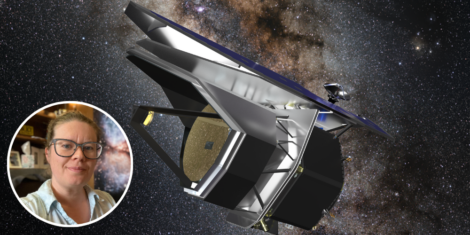
photo by: University of Kansas KU astronomy professor Elisabeth Mills’ proposed space probe, PRIMA, has been chosen by NASA for funding and further investigation. <!– SHOW ARTICLE –> A space probe concept with a KU team member has moved on to the next stage of evaluation for a $1 billion mission set to launch into…
-
Space exploration – Satellite, Telecommunications, Astronomy
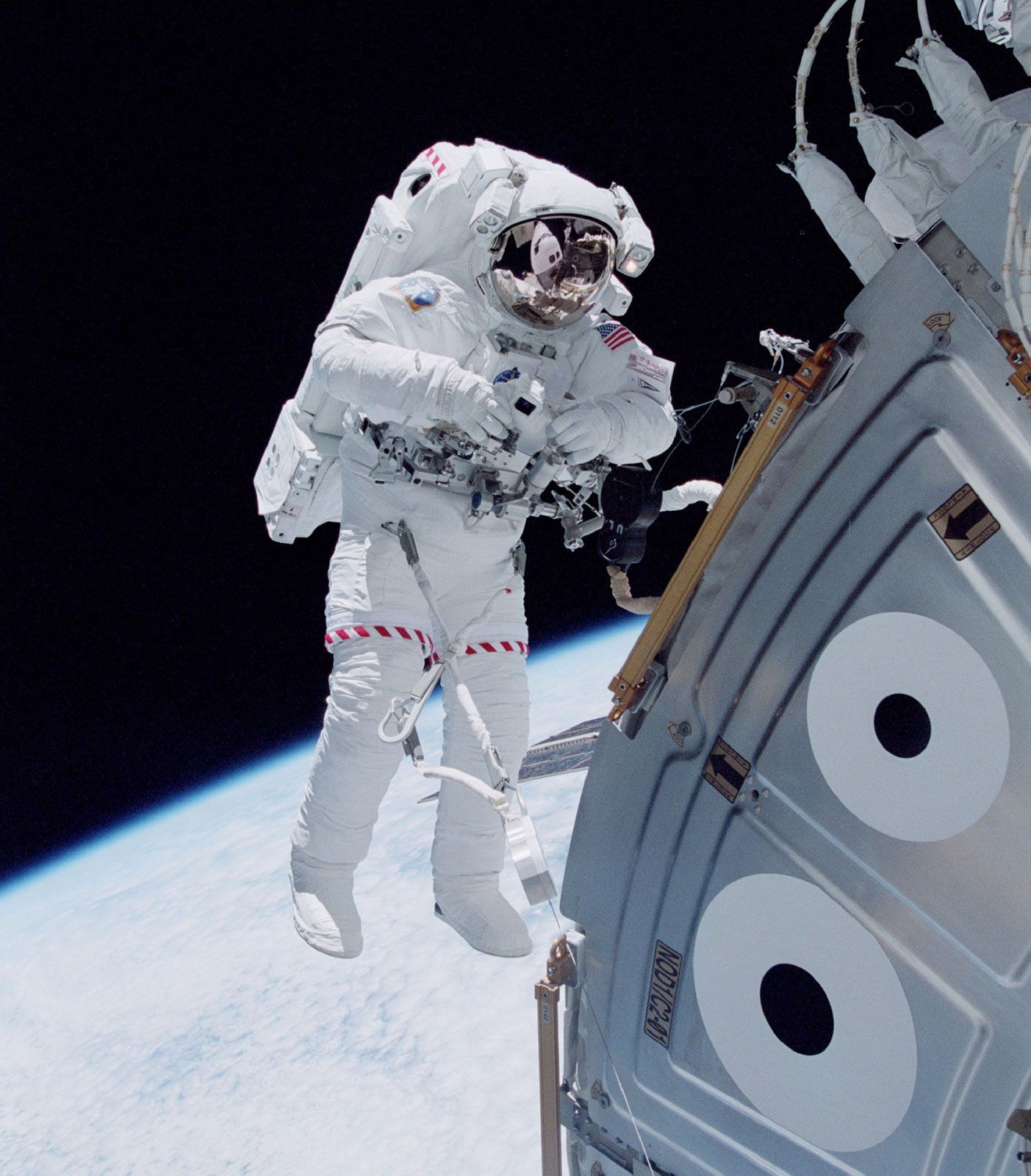
Telstar 1Telstar 1, launched July 10, 1962, relayed the first transatlantic television signals.(more) Although some early space experiments explored the use of large orbiting satellites as passive reflectors of signals from point to point on Earth, most work in the late 1950s and early ’60s focused on the technology by which a signal sent from…
-
Ancient, lonely quasars “sitting in the middle of nowhere” leave astronomers confused
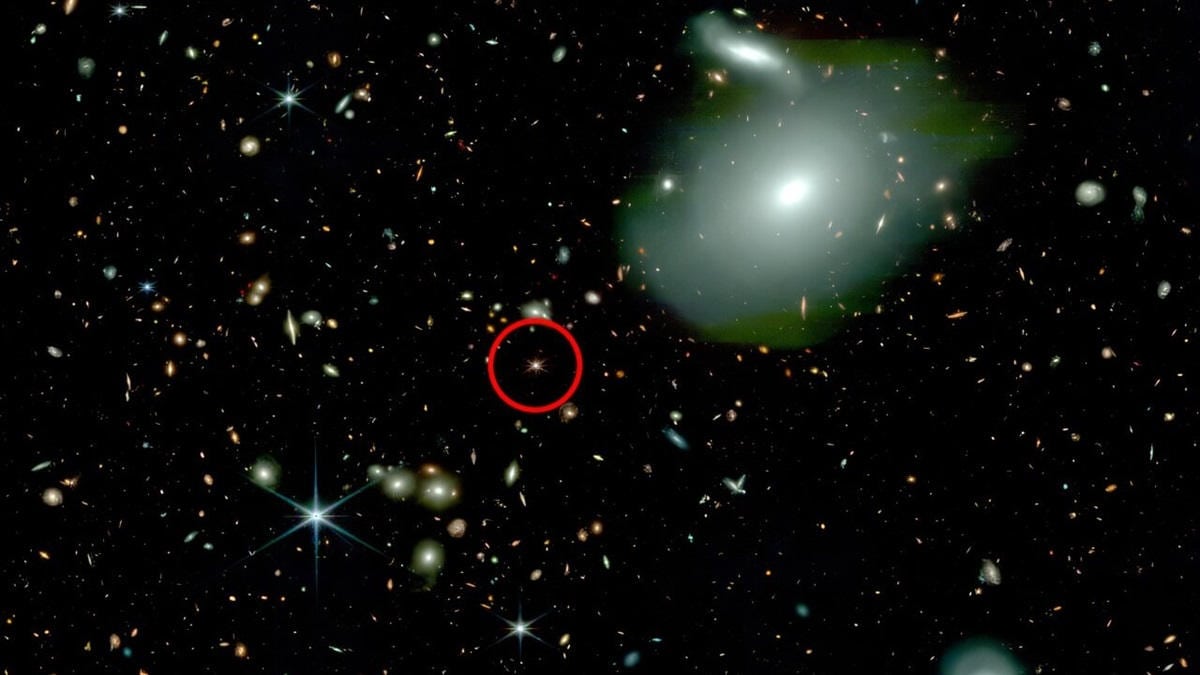
A new study has revealed that some quasars were surprisingly alone in the early universe, confounding astronomers. This image, taken by NASA’s James Webb Space Telescope, shows an ancient quasar (circled in red) with fewer than expected neighboring galaxies (bright blobs), challenging physicists’ understanding of how the first quasars and supermassive black holes formed. Credit:…
-
A long overdue celebration of Islamic astronomy at UK’s largest planetarium
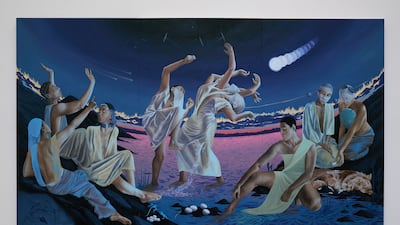
The Dog Tooth of Time by Sarah Al Sarraj. Photo: Sarah Al SarrajThe Dog Tooth of Time by Sarah Al Sarraj. Photo: Sarah Al Sarraj British-Iraqi artist Sarah Al Sarajj hopes to break the National Space Centre’s silence on the contributions of medieval Islamic scholars to modern astronomy
-
Astronomers detect ancient lonely quasars with murky origins
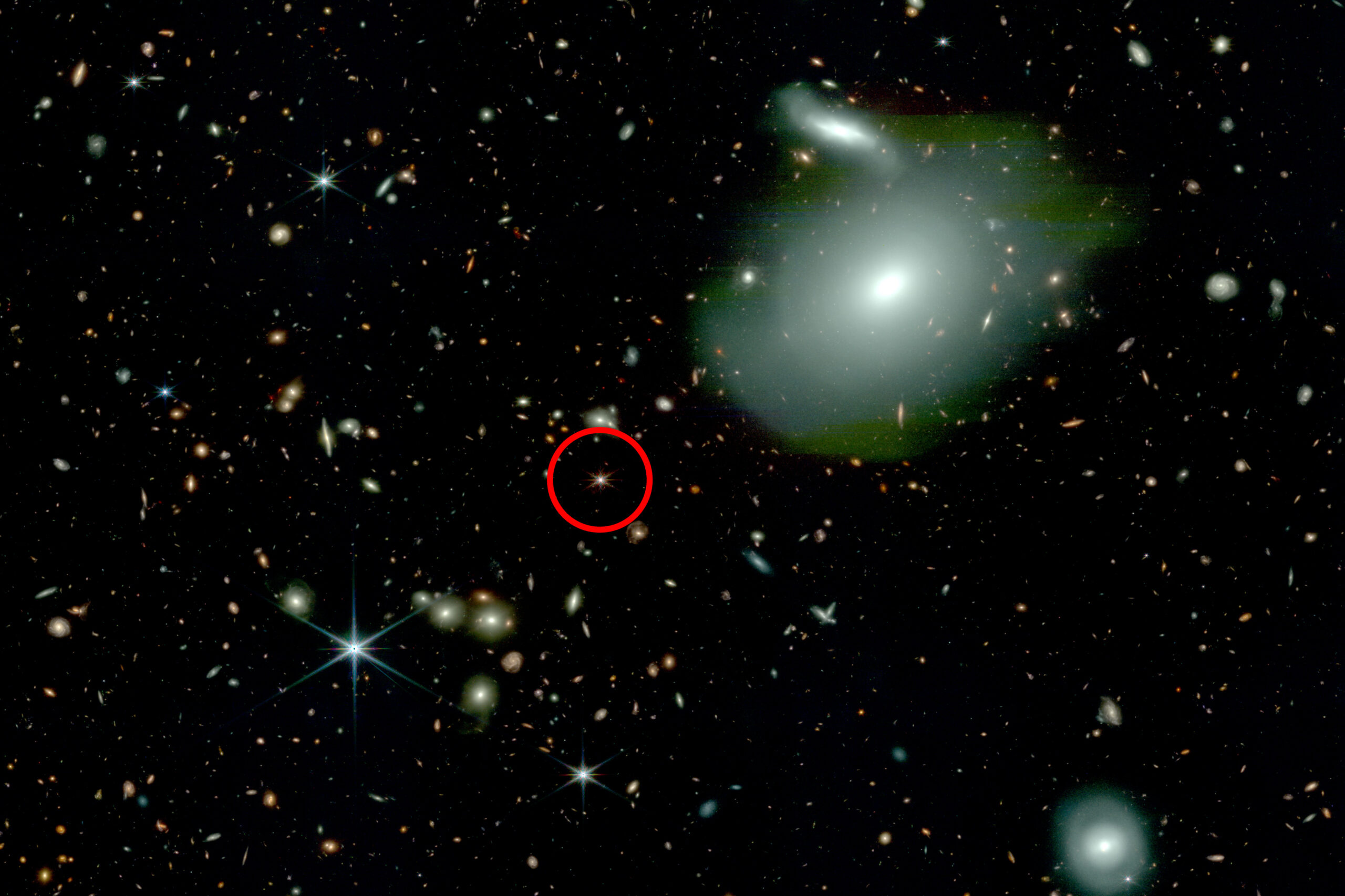
A quasar is the extremely bright core of a galaxy that hosts an active supermassive black hole at its center. As the black hole draws in surrounding gas and dust, it blasts out an enormous amount of energy, making quasars some of the brightest objects in the universe. Quasars have been observed as early as…
